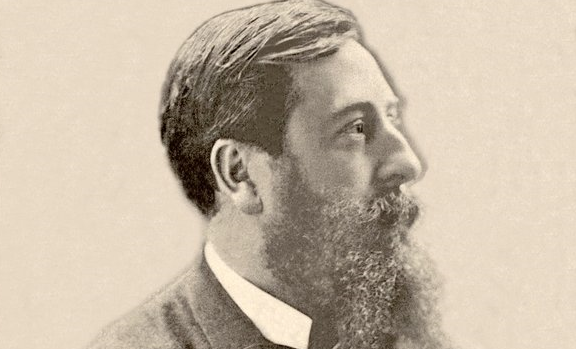
Léo Delibes – A Complete Biography
Léo Delibes was a French composer renowned for his contributions to ballet and opera during the Romantic era. His works, characterized by elegance and melodic[…]
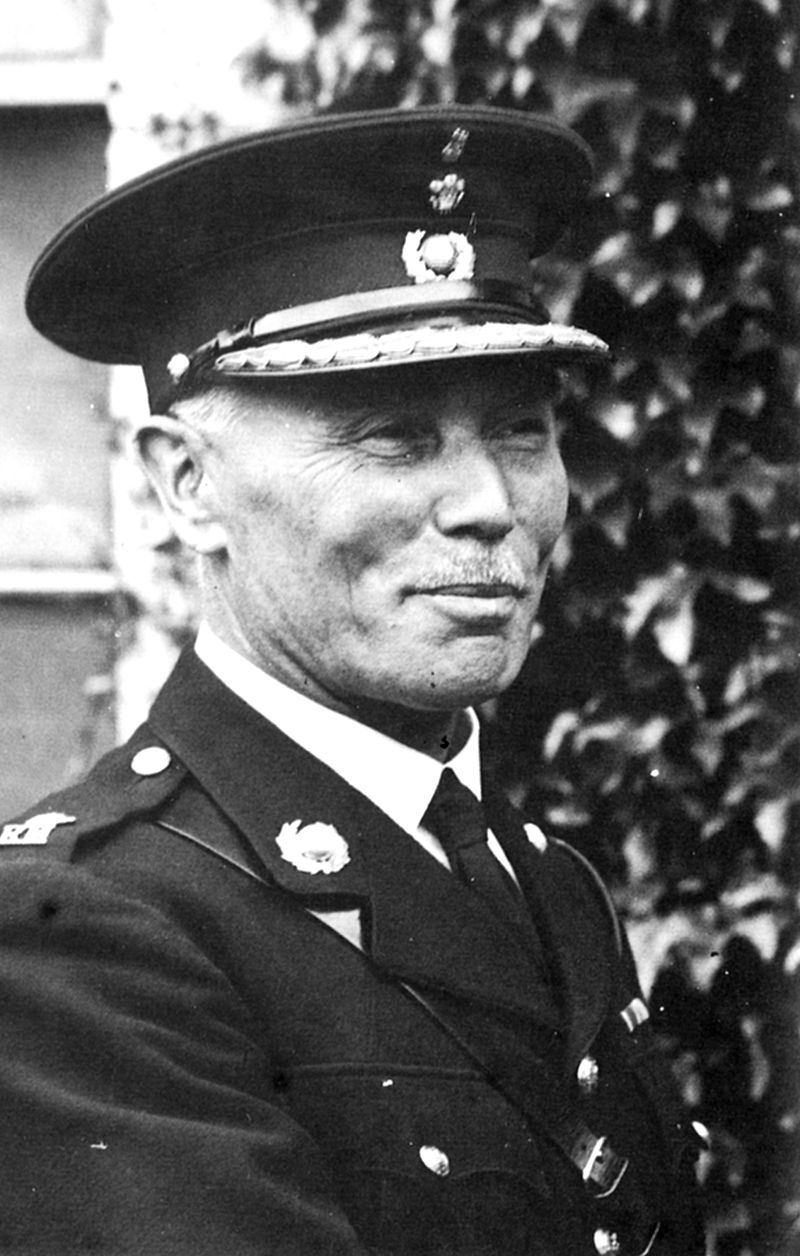
Kenneth J Alford – A Complete Biography
Kenneth J. Alford, born Frederick Joseph Ricketts on February 21, 1881, in Ratcliff, London, is celebrated as one of the foremost composers of British military[…]
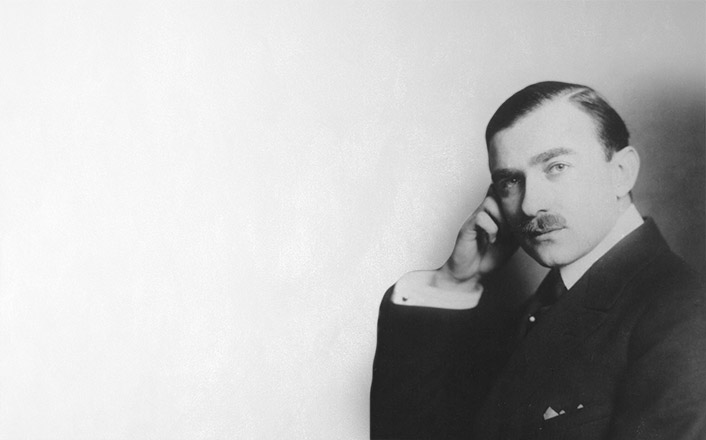
Karol Szymanowski – A Complete Biography
Karol Maciej Szymanowski (born October 3, 1882 — died March 29, 1937) stands as one of Poland’s most important composers of the early twentieth century.[…]

Julius Röntgen – A Complete Biography
Julius Engelbert Röntgen (1855–1932) stands as a significant, though often overlooked, figure in the annals of classical music. A German-Dutch composer, pianist, conductor, and educator,[…]
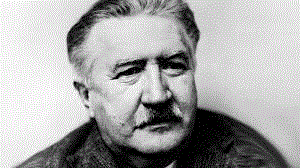
Josef Suk – A Complete Biography
Josef Suk (January 4, 1874 – May 29, 1935) was a Czech composer, violinist, and teacher whose music bridged the late-Romantic world of Antonín Dvořák[…]
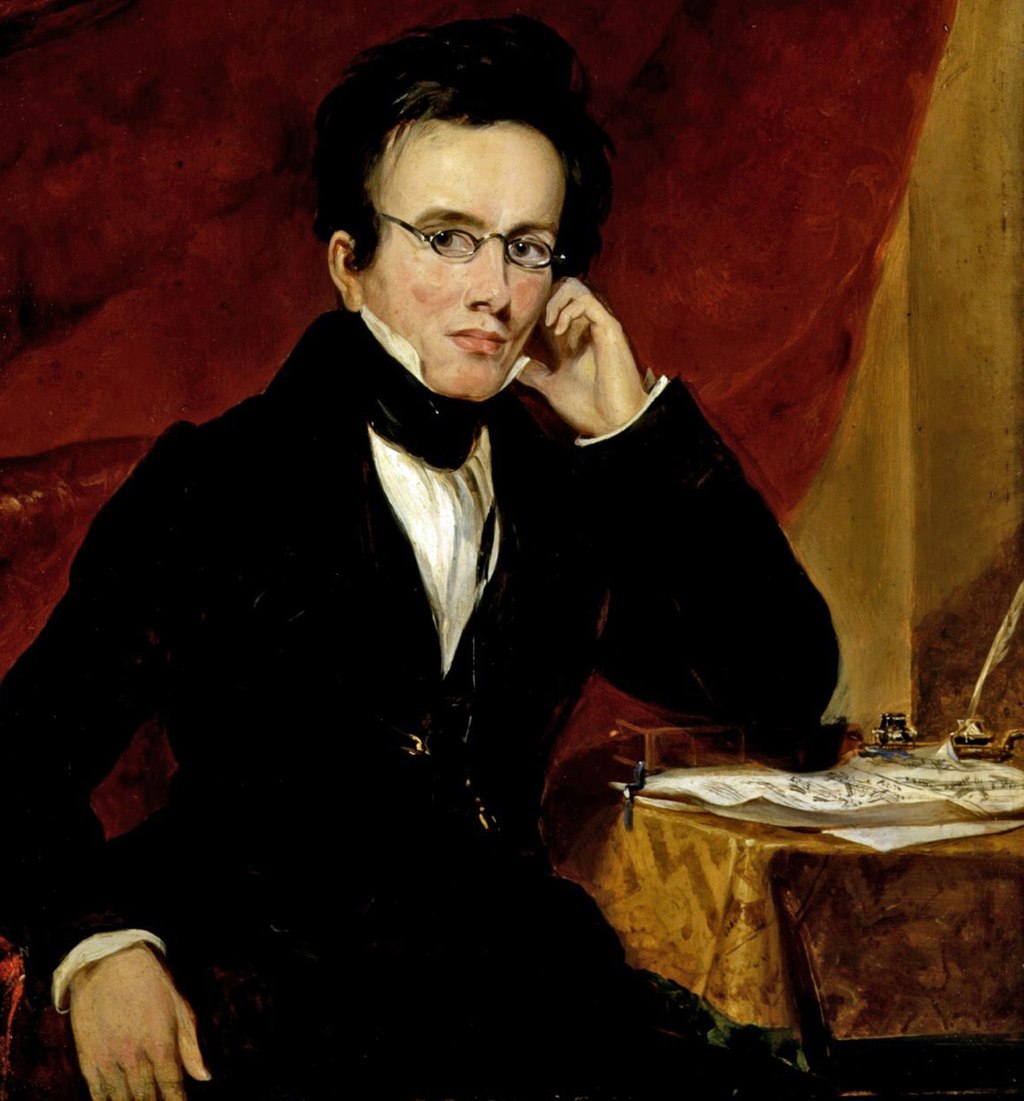
John Goss – A Complete Biography
Sir John Goss (1800–1880) was one of Victorian England’s defining composers for the Anglican church—an organist, teacher, and writer whose music helped shape the sound[…]
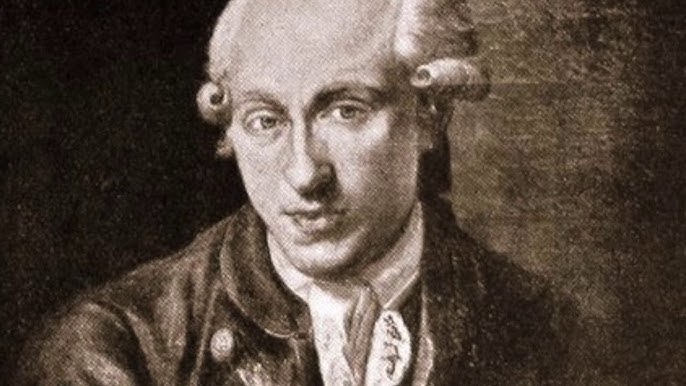
Johann Gottfried Walther – A Complete Biography
Johann Gottfried Walther (September 18, 1684 – March 23, 1748) was a prominent German music theorist, organist, composer, and lexicographer of the Baroque era. He[…]
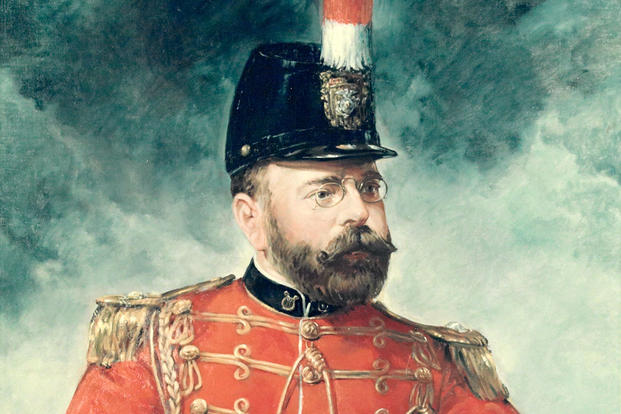
John Philip Sousa – A Complete Biography
John Philip Sousa (1854–1932) was the United States’ preeminent bandmaster and the most famous composer of American marches. Dubbed “The March King,” he shaped the[…]
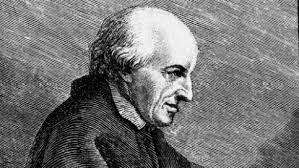
Johann Friedrich Fasch – A Complete Biography
Johann Friedrich Fasch (April 15, 1688 – December 5, 1758) was a German composer, violinist, and Kapellmeister whose music sits at the hinge between the[…]

Joachim Andersen – A Complete Biography
Carl Joachim Andersen (April 29, 1847 – May 7, 1909) was a Danish flutist, conductor, and composer whose etudes helped define modern flute technique. A[…]